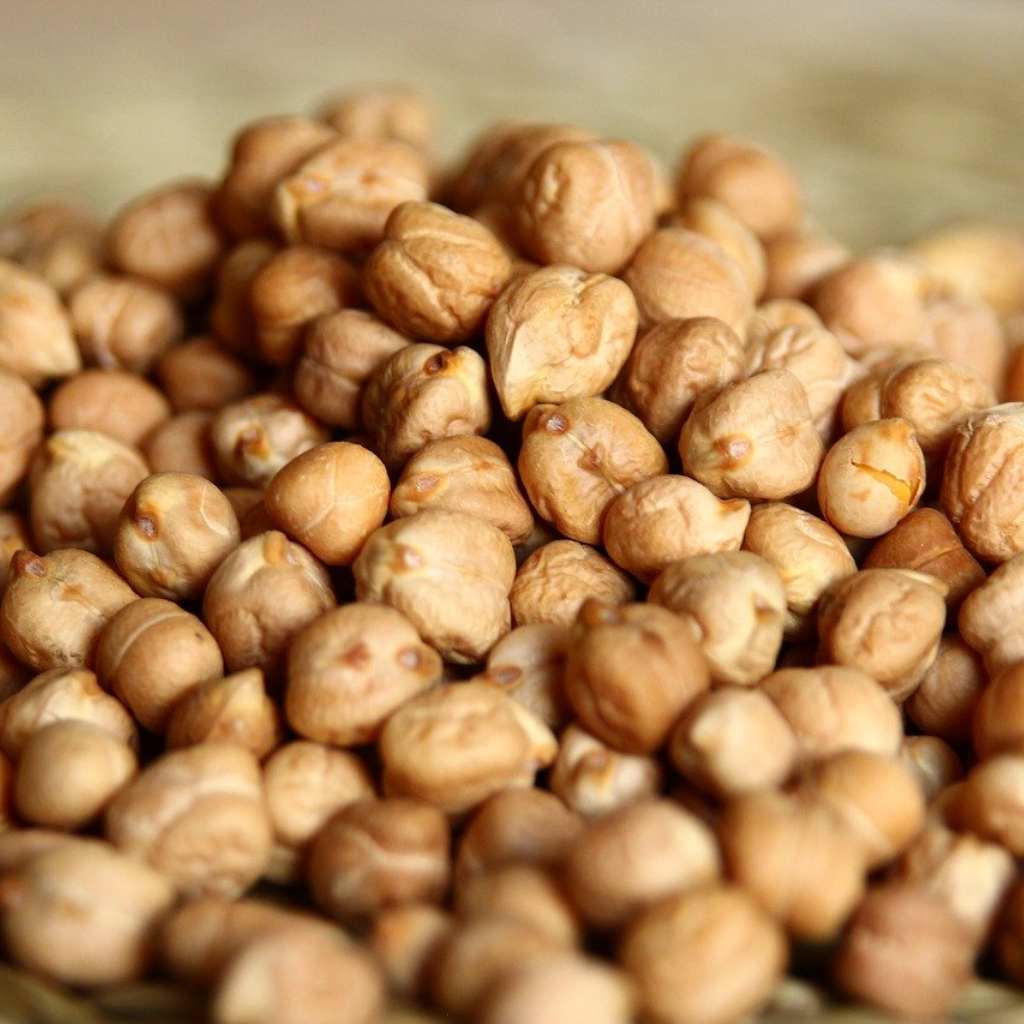5 Ways to Boost Gut Health
I’m sure you’ve been told to “Follow your gut feeling” before but how often are we actually checking in on our gut health? It’s important to look after our digestive system as research has shown that our gut health impacts our immune system, mood and overall health. Not to mention, tummy troubles are never fun to deal with. So, trust your gut and follow these diet and lifestyle tips to help you support your gut health.
1. Pick the Probiotics

Probiotics are the ‘good’ bacteria that live in our gut and are naturally found in our food. They fight against bloating and gas caused by overgrowth of ‘bad’ bacteria, boost our immune function and keep the cells lining our gut healthy. You’ll find probiotics in fermented food such as yoghurt, kimchi, sauerkraut, sourdough bread and fermented drinks such as kombucha and kefir. There are many probiotic supplements on the market and in certain circumstances (e.g. after a course of antibiotics) they do have their place. However, getting probiotics from real food is often cheaper, easier and has the added perk of providing other nutrients from that food (e.g. calcium from yoghurt, fibre from bread).
2. Hire the Fibre to keep your gut balanced

Having a fibre-rich diet can help keep your delicate gut ecosystem in balance and bulk up your stools so that everything can move through your gut more easily (goodbye constipation). It also helps to regulate your blood sugar levels by slowing the breakdown and absorption of carbohydrates. Fibre can be found in plant foods such as fruits, vegetables, legumes (chickpeas, beans and lentils), nuts and seeds. There is a specific type of fibre called prebiotics that feeds the friendly probiotic bacteria in our gut and helps to promote their growth and function. Some prebiotic-rich foods include onion, leeks and celery, bananas, garlic, wheat bran, rye, barley and whole oats.
3. Lose the Booze to help your gut

Drinking alcohol can irritate your gut and promote inflammation and growth of ‘bad’ bacteria. If you’re someone who enjoys a glass of red, white or bubbly, remember that moderation is key. For healthy men and women, the Australian guidelines recommend drinking no more than two standard drinks a day and aiming for at least two alcohol-free days a week. However, if you’re having gut problems, it’s best to steer clear of it.
4. Address the Stress to improve gut inflammation

We all have times when we feel that 24 hours in a day isn’t enough to complete our growing to-do lists and we can get very overwhelmed – especially when we add the stress of managing chronic diseases like osteoarthritis, diabetes or heart disease into the mix. Prolonged stress can wreak havoc on our gut – decreasing blood flow to our digestive muscles, reducing secretion of digestive enzymes and causing inflammation, constipation or diarrhoea. It’s important that we look after our emotional health and relieve stress by building in self-care “me” time. This could be practicing deep breathing, meditation, playing calming music, reading or doing anything that soothes your frazzled mind! Getting in that 30 minutes of physical activity each day is also a great form of stress release. It helps to boost digestive health by increasing blood flow and stimulation of gastrointestinal muscles.
5. Keep the Sleep

When it comes to gut health, the saying ‘you snooze, you lose’ doesn’t entirely hold true. Sleep deprivation increases growth of ‘bad’ gut bacteria and increases our chances of making poor food choices – most of us have at some time been guilty of picking up that sugary treat to help stay awake during the day. Aim to get 7-8 hours of good quality sleep each night and stay away from your phone or TV before bed!
